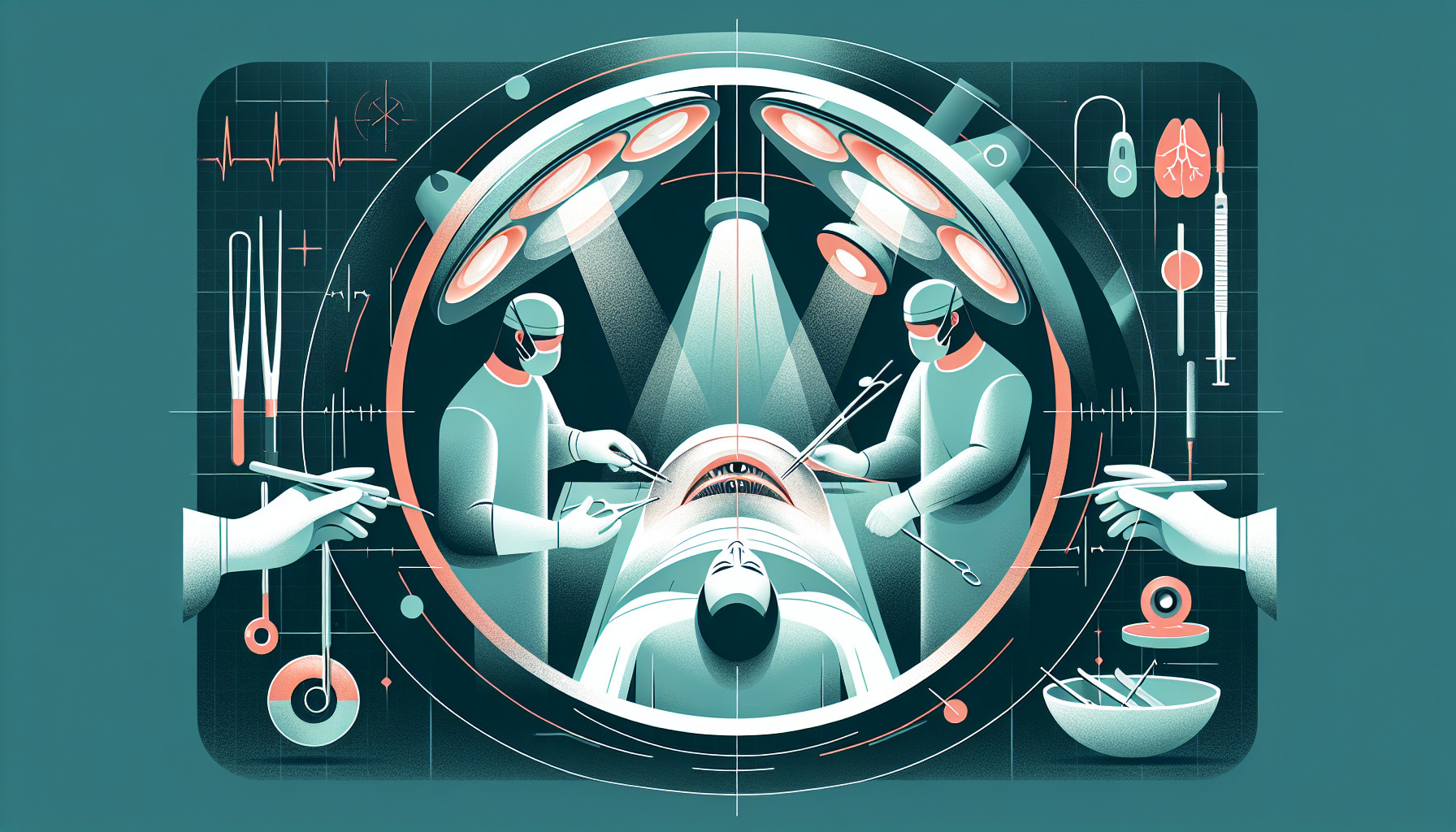Our Summary
Cataracts are the number one cause of blindness worldwide, and the number of surgeries to treat them in adults is growing each year. To help standardize these surgeries, the Chinese Cataract and Refractive Surgery Society has created the first clinical guideline in China specifically for surgical treatment of adult cataracts. This guide, based on principles and standards of clinical practice, existing evidence, and expert consensus, addresses key issues in cataract surgery. It aims to provide guidance for ophthalmologists, helping them in their clinical work.
FAQs
- What is the leading cause of blindness worldwide?
- What is the purpose of the clinical guideline created by the Chinese Cataract and Refractive Surgery Society?
- What does the new clinical guideline for surgical treatment of adult cataracts in China aim to provide?
Doctor’s Tip
One helpful tip a doctor might tell a patient about cataract surgery is to follow all pre-operative instructions provided by the surgeon, including any medications to stop taking, fasting guidelines, and when to arrive at the surgical facility. It is important to be well-prepared and informed before the surgery to ensure the best possible outcome.
Suitable For
Typically, patients who are recommended cataract surgery are those who have significant vision impairment due to cataracts that cannot be corrected with glasses or contact lenses. This includes patients who have difficulty with daily activities such as reading, driving, or seeing in low light conditions. Other factors that may indicate a need for cataract surgery include:
- Cataracts that are affecting a patient’s quality of life
- Cataracts that are causing significant glare or halos around lights
- Cataracts that are impacting a patient’s ability to perform their job or hobbies
- Cataracts that are causing significant visual distortion or double vision
Ultimately, the decision to undergo cataract surgery should be made in consultation with an ophthalmologist, who can assess the severity of the cataracts and determine the best course of treatment for each individual patient.
Timeline
Before cataract surgery:
- Patient visits an ophthalmologist for a comprehensive eye exam to determine the severity of the cataract and if surgery is necessary.
- Pre-operative testing is conducted to measure eye shape, size, and overall health.
- The patient is informed about the surgery procedure, potential risks, benefits, and post-operative care instructions.
- The patient may need to stop taking certain medications prior to surgery to reduce the risk of complications.
- The surgery date is scheduled and the patient is instructed on fasting requirements before the procedure.
After cataract surgery:
- The patient is monitored closely in the immediate hours following surgery to ensure there are no complications.
- Eye drops are prescribed to prevent infection and inflammation, and to promote healing.
- The patient is advised to avoid strenuous activities and to take it easy for a few days after surgery.
- Follow-up appointments are scheduled to check the healing progress and monitor vision improvement.
- The patient may need to wear an eye shield at night to protect the eye while sleeping.
- Vision gradually improves over the following weeks as the eye heals and adjusts to the new lens.
- The ophthalmologist may recommend glasses or contact lenses to optimize vision post-surgery.
What to Ask Your Doctor
Some questions a patient should ask their doctor about cataract surgery include:
- What are the risks and benefits of cataract surgery?
- What type of cataract surgery will be performed (traditional, laser-assisted, etc.)?
- What is the success rate of the surgery?
- What is the recovery process like and how long does it typically take?
- Will I need to wear glasses or contacts after the surgery?
- Are there any specific pre-operative instructions I should follow?
- What is the expected outcome of the surgery in terms of vision improvement?
- How many cataract surgeries have you performed and what is your success rate?
- Are there any alternative treatments to cataract surgery that I should consider?
- What is the overall cost of the surgery and will my insurance cover it?
Reference
Authors: Chinese Cataract and Refractive Surgery Society. Journal: Zhonghua Yan Ke Za Zhi. 2023 Dec 11;59(12):977-987. doi: 10.3760/cma.j.cn112142-20230829-00066. PMID: 38061898
